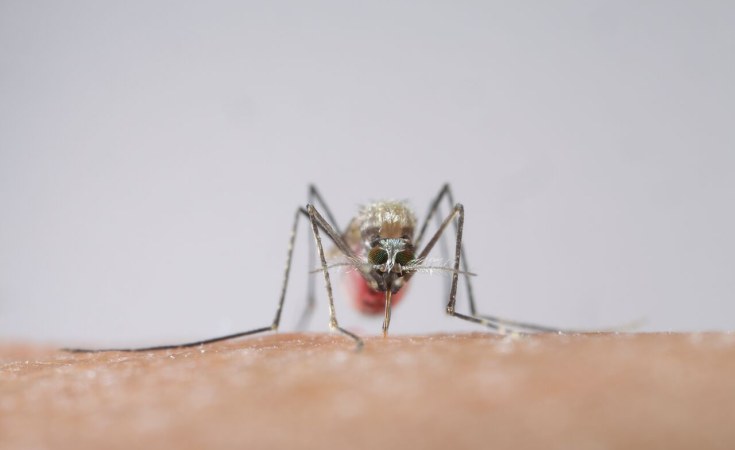Similar to Ghana, Mrs Adeyeye said the vaccine is indicated for the prevention of malaria in children from 5 months to 36 months of age.
The Nigerian government has approved a new malaria vaccine from Oxford University, becoming the second country after Ghana in the world to grant such approval.
The vaccine- R21/Matrix-M, is developed by the University of Oxford and manufactured by the Serum Institute of India.
The Director General of Nigeria's National Agency for Food and Drug Administration and Control (NAFDAC), Mojisola Adeyeye, announced the development on Monday in Abuja.
Similar to Ghana, Mrs Adeyeye said the vaccine is indicated for the prevention of malaria in children from 5 months to 36 months of age.
She added that Nigeria expects to get at least 100,000 doses of the vaccine in donations soon before the market authorisation will start making other arrangements with the National Primary Health Care Development Agency.
Fighting malaria
The R21/Matrix-M vaccine is the second ever to be approved by the WHO and the first to exceed the WHO threshold of 75 per cent efficacy over 12 months of follow-up.
The vaccine showed a 77 per cent protective efficacy over 12 months in a phase 2b trial involving young West African children, following an initial three-dose course of injections.
The first-ever malaria vaccine, RTS, S or mosquirix, from British drugmaker GSK, was approved by the WHO in 2021 after decades of work. But a lack of funding and commercial potential thwarted the company's capacity to produce as many doses as were needed.
Various research also shows that the effectiveness of GSK's vaccine is approximately 60 per cent, and significantly wanes over time, even with a booster dose.
When the mosquirix vaccine was approved, the WHO said it was based on results from an ongoing pilot programme in Ghana, Kenya and Malawi that has reached more than 800,000 children since 2019.
It added that it recommends widespread use of the vaccine, "among children in sub-Saharan Africa and other regions with moderate to high plasmodium falciparum malaria transmission.
NAFDAC's assessment
Speaking further, Mrs Adeyeye said: "NAFDAC in exercising its mandate as stipulated by its enabling law, NAFDAC Act CapN1, LFN 2004, is granting registration approval for R21 Malaria Vaccine (Recombinant, Adjuvanted) manufactured by Serum Institute of India Pvt. Ltd.
"The Marketing Authorization Holder is Fidson Healthcare Ltd in line with the Agency's Drug and Related Products Registration Regulation 2021."
According to her, the R21 malaria vaccine dossier complied substantially with the best international standards with which the dossier was bench-marked.
She said the dossier was subjected to independent reviews by NAFDAC's Vaccine Advisory Committee according to WHO standards, and other guidelines.
She said the Joint Review Committee concluded that the data on the R21 Malaria vaccine were robust and met the criteria for efficacy, safety, and quality.


